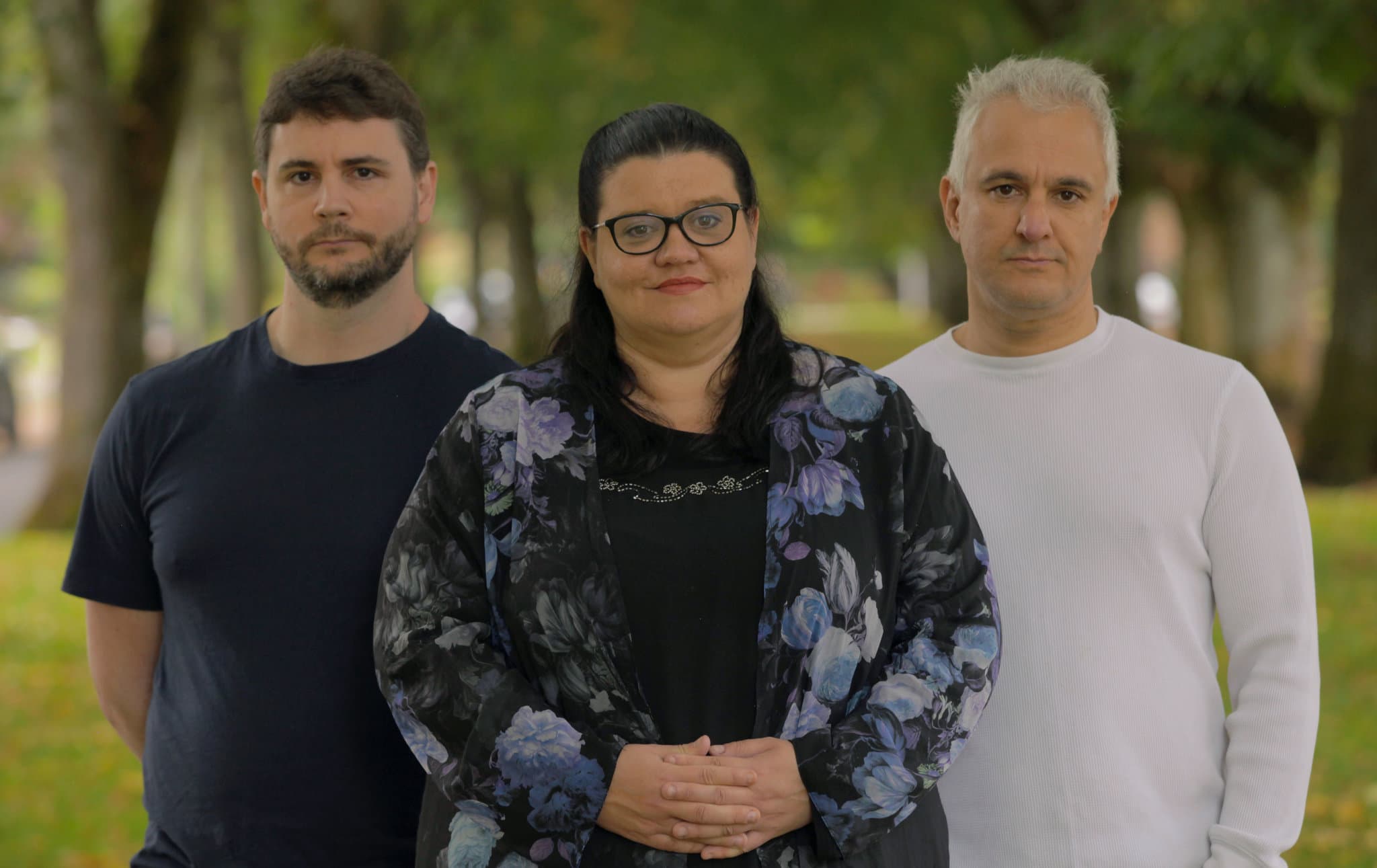Philosopher Peter Boghossian Warns Against Deliberate Misinformation's Threat to Democratic Discourse

Philosopher Peter Boghossian recently issued a stark warning on social media, highlighting the pervasive nature of deliberate misinformation and its detrimental impact on critical societal discussions. In a widely noted tweet, Boghossian stated, "This is 100% fake and easily debunked. Yet, look at the traction it gained." He further elaborated that such "deliberate misinformation like this makes it far more difficult to not only solve the problem but to even have a discussion about democracy, Islam, and immigration."
Boghossian, known for his work in critical thinking, street epistemology, and skepticism, frequently engages with contentious topics. His academic background and public discourse often center on challenging deeply held beliefs and promoting rational inquiry. He has previously advocated for a Socratic approach to combating fake news, emphasizing critical questioning of sources, evidence, and logical coherence to foster intellectual vigilance against false narratives.
His concerns echo broader discussions about the vulnerability of public discourse to fabricated content. Boghossian was notably involved in the "Grievance Studies affair" (also known as "Sokal Squared"), an experiment where he and colleagues submitted intentionally absurd papers to academic journals. Several of these papers, despite their nonsensical content, were accepted for publication, illustrating how certain types of "easily debunked" information can gain legitimacy within specific contexts.
The philosopher's tweet underscores a growing challenge in contemporary society: the difficulty in fostering constructive dialogue on complex issues when misinformation proliferates. Topics such as democracy, the role of Islam, and immigration policies are particularly susceptible to emotionally charged and factually inaccurate narratives. Boghossian's past work and public conversations have often delved into these areas, examining the historical roots of Islamic ideology and expressing skepticism about current immigration policies.
The widespread traction of "fake and easily debunked" content, as highlighted by Boghossian, impedes genuine problem-solving. It creates an environment where shared understanding is eroded, and the ability to engage in reasoned debate is compromised, ultimately hindering efforts to address significant societal challenges.